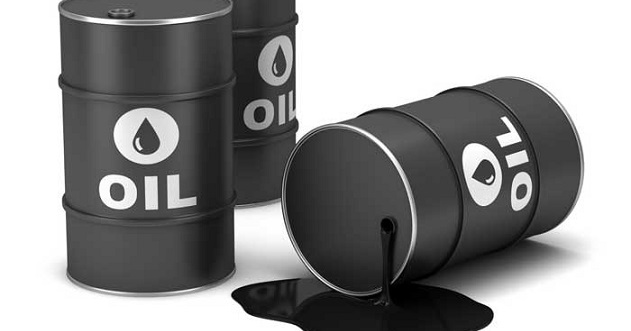Business
Oil prices tumble further on low storage capacity, falling demand

Oil prices continued their free fall Tuesday morning as the world grappled with dwindling storage capacity and the fear that demand for fuel might recover slowly once countries begin to lift the restrictions imposed on economic and social activities to contain COVID-19.
US West Texas Intermediate (WTI) crude futures plunged to as low as $10.64 per barrel, down by 13% or 1.66% from $11.12 per barrel as of 05:32 West African Time on Tuesday. It shed around 25% in the previous session.
Brent crude, the benchmark for Nigeria’s oil grades, dipped to $18.85, down by 4.5% or 90 cents from $19.09 a barrel. It had fallen by 6.8% on Monday.
“Traders said Nigeria’s key crude grade Bonny Light was heard to be offered at as low as dated Brent minus $5, compared with a premium of $3 in more normal market conditions,” Reuters reported yesterday.
The Nigerian government had last month cut the oil benchmark for the 2020 budget to $30 per barrel from $57.
Read also: Nigerians may pay more for fuel —PPPRA
Experts said the fall in the WTI was partly due to retail investment vehicles like exchange-traded funds selling out of the front-month June contract with plans to buy into months later this year in order to forestall huge losses like those of last week, when the WTI plunged below zero.
“Looking ahead, and all attention will be on inventory numbers this week, and in particular the build we see at Cushing, the WTI delivery hub.
“If we see similar builds to the last few weeks, we will likely reach full capacity at Cushing over the first half of May, which should maintain bearish pressure on the market,” said Warren Patterson, Head Commodities Strategy at ING.
Despite the agreement between the Organisation of Petroleum Exporting Countries and its Russia-led allies to cut output by record 10 million barrels per day (bpd) starting from 1st May, the volume is inadequate to offset a drop in demand of about 30 million bpd as a result of lockdowns around the world.
Global storage onshore was estimated to be about 85% full as of last week by Kpler, a data consultancy, due to crash in demand.
Shipping sources said oil traders were resorting to hiring costly US vessels to store gasoline or ship fuel abroad as desperate measures to address storage woes.
Join the conversation
Support Ripples Nigeria, hold up solutions journalism
Balanced, fearless journalism driven by data comes at huge financial costs.
As a media platform, we hold leadership accountable and will not trade the right to press freedom and free speech for a piece of cake.
If you like what we do, and are ready to uphold solutions journalism, kindly donate to the Ripples Nigeria cause.
Your support would help to ensure that citizens and institutions continue to have free access to credible and reliable information for societal development.






















